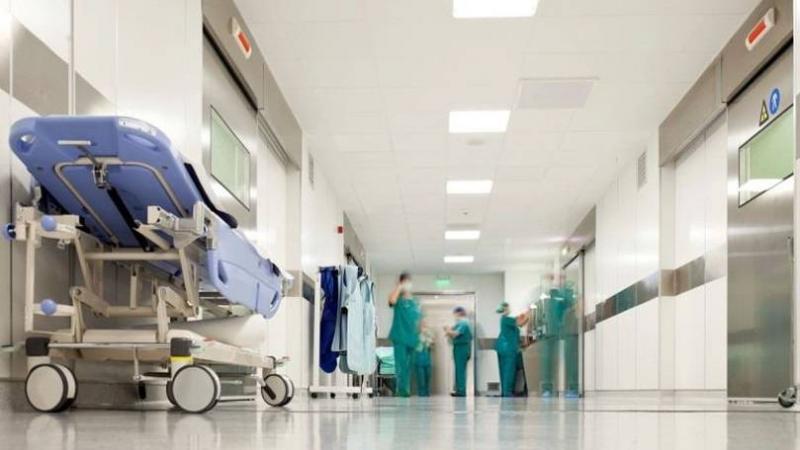Minister of Public Health in the caretaker government, Firas Abiad, announced the referral of those involved in the "mining" digital currency issue to investigation, adding, "We are waiting for the results to hold the responsible parties accountable." Regarding the cholera issue, Abiad stated in an interview with MTV: "The field visits in northern Lebanon and the Bekaa region revealed a complete absence of infrastructure services for water and sanitation, which cannot be quickly repaired. The retreat of donor organizations in their contributions has accelerated the spread of cholera, and we are working on a solution."
He continued, "Many water stations in the north and Bekaa are non-operational, which is concerning as it speeds up the spread of cholera. There is no time to repair water and sanitation networks, so we are distributing sterilization materials for water, working to secure cholera vaccines, and preparing the healthcare system for testing, isolating cases, primary care, and hospital readiness."
Abiad pointed out, "We are concerned about agricultural materials coming from Syria due to the spread of cholera, not just the displacement of Syrians to Lebanon. After COVID-19, we have experience in dealing with epidemics, but cholera cannot be prevented in hospitals, only through prevention measures." He emphasized that "it is impossible for kidney dialysis patients to cover the costs; we have raised the charge to one and a half million for each session to avoid burdening the patient with any differences, and we will take action against violating hospitals."
Abiad revealed that "after the commencement of mechanization in the ministry, we discovered that a portion of medications was purchased by tourists with subsidy money, and some hospitals purchased chemotherapy drugs even though they do not have such departments. Additionally, some doctors deviated from the prescribed protocols."




